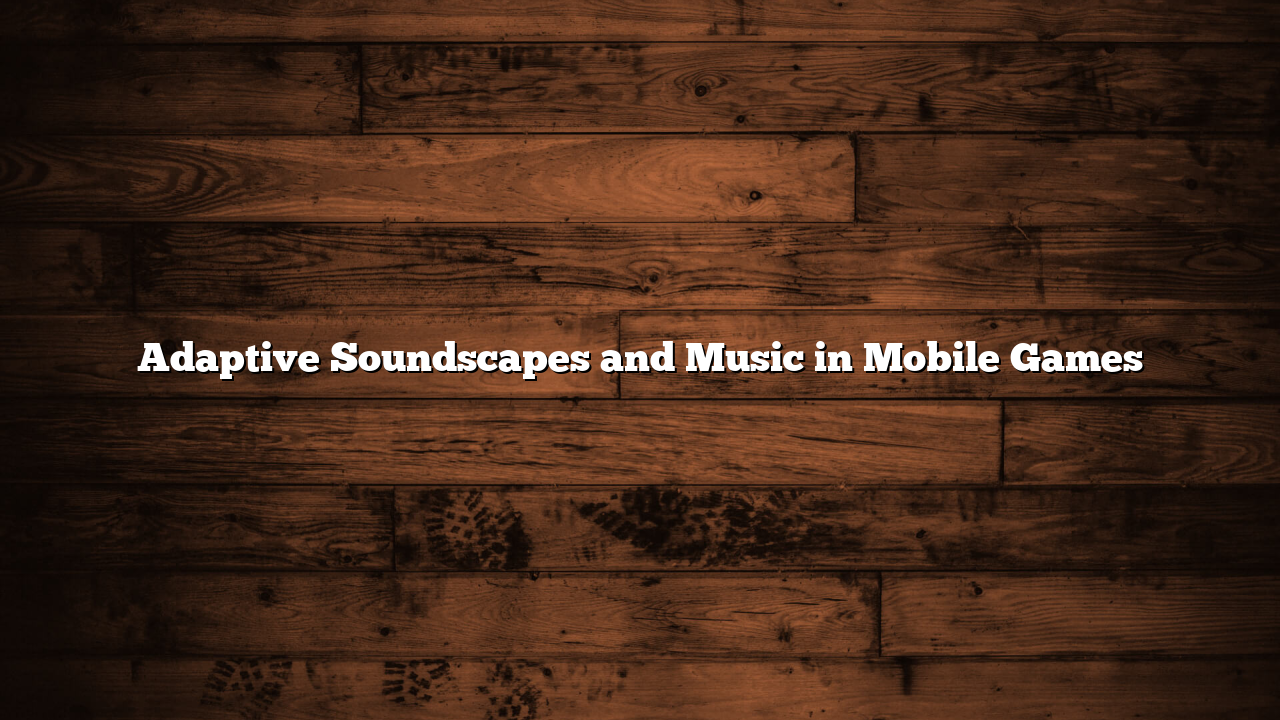In 2025, mobile developers increasingly implement adaptive soundscapes and dynamic music systems to enhance player immersion and retention. Sound design now reacts in real time to gameplay, player choices, and session intensity, creating PASAR88 ONLINE a more engaging experience.
Studios such as Tencent and Niantic integrate AI-powered audio engines that analyze player behavior, session length, and in-game actions. Music tempo, environmental sound cues, and adaptive audio effects adjust dynamically to reinforce engagement and guide players during challenges.
Monetization strategies intertwine with audio experiences. Limited-time event tracks, subscription-based music bundles, and unique sound cosmetics are personalized through first-party analytics while maintaining privacy compliance. These offerings add both revenue potential and emotional engagement.
Design emphasizes accessibility and fairness. Adaptive soundscapes improve user experience for both casual and midcore players without providing competitive advantage. Social integration allows cooperative audio cues and synchronized music events, fostering community engagement.
Emerging markets benefit from cloud-assisted audio rendering, enabling low-end devices to access high-fidelity soundscapes. Analysts predict that by 2030, adaptive audio systems will be standard in mobile games, enhancing retention, monetization, and player satisfaction globally.
